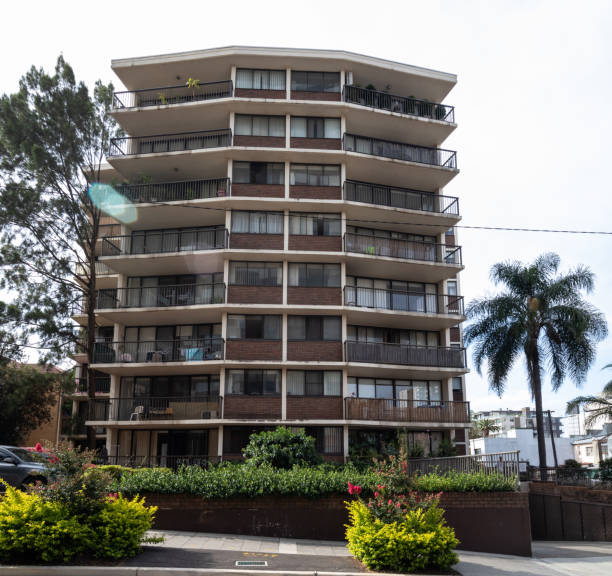Rental Authority NSW plays a pivotal role in ensuring fair and transparent relationships between landlords and tenants across the state. Understanding the regulations and rights pertaining to rental properties in New South Wales (NSW) is crucial for both landlords and tenants to navigate the rental landscape effectively.
Understanding Rental Laws in New South Wales
In NSW, residential tenancy laws are primarily governed by the Residential Tenancies Act 2010. This legislation outlines the rights and obligations of both tenants and landlords, setting clear guidelines for tenancy agreements.
Residential Tenancies Act 2010
The Residential Tenancies Act 2010 serves as the cornerstone of rental laws in NSW. It covers various aspects of tenancy agreements, including rent payments, bond requirements, and dispute resolution procedures.
Rights and Responsibilities of Tenants
Tenants in NSW have certain rights guaranteed under the Residential Tenancies Act 2010. These rights include the right to live in a property that meets minimum health and safety standards, the right to privacy, and protection against unfair eviction.
Rights and Responsibilities of Landlords
Landlords also have specific obligations outlined by law. They must ensure the property is maintained in a habitable condition, address repairs promptly, and provide tenants with reasonable notice before entering the premises.
Key Regulations for Rental Properties
Understanding key regulations is essential for both tenants and landlords to avoid disputes and ensure a harmonious tenancy.
Bond Requirements
In NSW, landlords are permitted to request a security deposit, known as a bond, from tenants before the commencement of a tenancy agreement. The bond serves as financial protection for the landlord against any potential damages or unpaid rent.
Rent Increases and Lease Renewals
Landlords must adhere to strict guidelines when increasing rent or renewing leases in NSW. They must provide tenants with adequate notice before implementing any changes to the tenancy agreement.
Repairs and Maintenance
Landlords are responsible for maintaining the property in a reasonable state of repair throughout the tenancy. Tenants should promptly report any maintenance issues to their landlord or property manager.
Dispute Resolution and Tribunal Processes
Despite best efforts, disputes may arise between landlords and tenants. In such cases, the NSW Civil and Administrative Tribunal (NCAT) provides a platform for resolving disputes through mediation or arbitration.
Mediation and Arbitration
Mediation and arbitration are alternative dispute resolution methods aimed at facilitating constructive dialogue between parties and reaching mutually agreeable solutions.
Resources and Support for Tenants and Landlords
Several resources and support services are available to assist tenants and landlords in navigating rental regulations and resolving disputes.
Rental Bond Board
The Rental Bond Board oversees the collection, lodging, and refunding of residential tenancy bonds in NSW.
Tenancy Advocacy Services
Tenancy advocacy services offer free advice and support to tenants facing difficulties with their tenancy arrangements.
Legal Aid NSW
Legal Aid NSW provides legal assistance and representation to eligible tenants and landlords involved in tenancy disputes.
Impact of COVID-19 on Rental Regulations
The COVID-19 pandemic has brought unprecedented challenges to the rental market in NSW. Temporary regulations and relief measures have been introduced to support tenants and landlords during these uncertain times.
Conclusion
In conclusion, Rental Authority NSW plays a crucial role in maintaining a fair and balanced rental market in New South Wales. By understanding their rights and responsibilities, tenants and landlords can foster positive and mutually beneficial tenancy arrangements.
